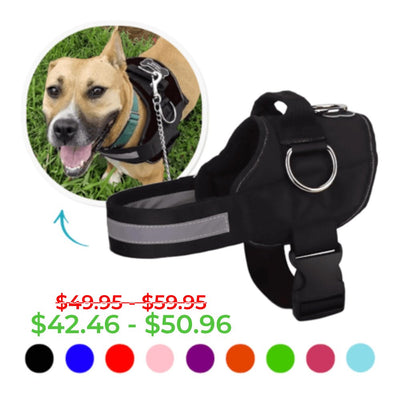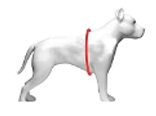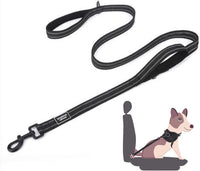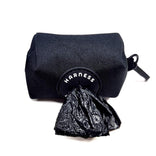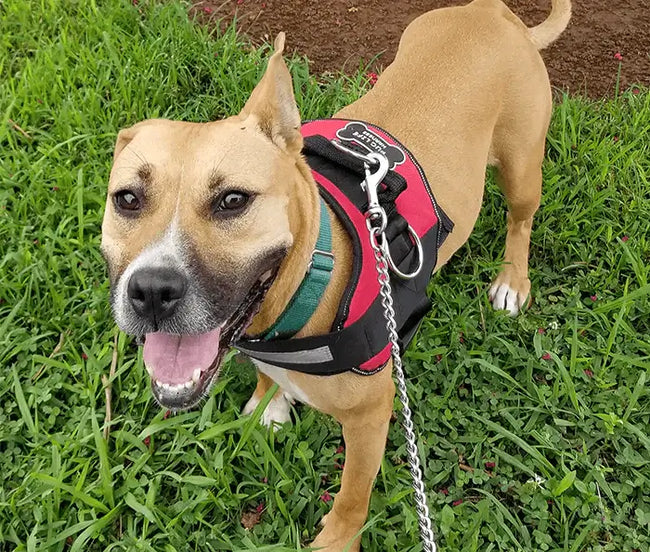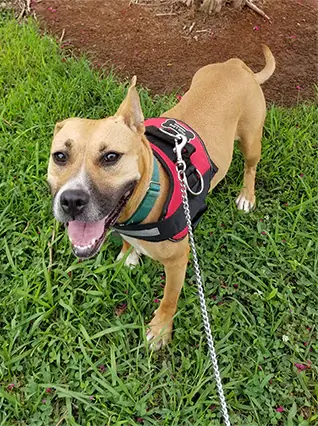What's that Smell? What Your Veterinarian Can Determine By Your Dog's Scent

It’s all about the sniffer. Your dog’s sniffer that is. We love to boop our fur babies on the nose and we know they’re definitely getting into things and smelling around the place most of their day. But dogs have their own scent, which ironically enough, is picked up on by the veterinarian. Yup! The smell, or scent, of your dog is a strong indicator of different things and your veterinarian knows it.
This is just one of the many ways veterinarians go over checkups with your dogs and odors are signs of different things happening with your fur baby. So the big question is….
What can a veterinarian tell by smelling my dog?
DENTAL PROBLEMS
We’re starting off with the most blatant of smell types coming from your dog’s mouth! Unpleasant breath is one thing, but when it comes to disease in the mouth, it’s easy to pick up on by a veterinarian. Advanced dental disease is rough on the nose, but your veterinarian will also be able to confirm this problem by examining the mouth for redness and swollen gums, infections, and an unhealthy level of plaque. When not treated, this can impact your dog’s long term health through heart, liver, and kidney problems.

SKIN & EAR INFECTIONS
Whenever there is an imbalance of microorganisms and they multiply and grow exponentially, the smell will tell your veterinarian there’s a presence of a skin infection. These smells are very specific and are often compared to chips or cheesy snack smells. While smell can tell your veterinarian about skin infections, more tests will be run in order to confirm the problem and how it originated.
On the other hand, ear infections are dead giveaways when the vet picks up on a foul odor coming from the ear. Because they are a deep canal, this is prime real estate for yeast to grow and cause ear infections.

“FISH BUTT”
It may sound like a joke, but anal gland issues are far from a joke. Dogs have glands on either side of the anus that secrete fluids whenever they have their bowel movements. These glands can block up and become impacted or rupture therefore causing a fishy smell. This is what is called “fish butt” to dog parents who are familiar with this problem.
ABSCESS
When pus accumulates under the skin, this is called an abscess. This is the result of an infection or some form of bite and when left untreated it can cause other issues with your dog like fevers, lethargy, and more. When these abscesses rupture, it leaves an obvious smell your veterinarian will pick up on. When you find your dog has an abscess, do not treat the abscess on your own to avoid potential risks and leave it to your veterinarian!

This is just a sampling of tips we offer at Joyride Harness. You can find more tips and tricks and how-to’s for caring for your dog on our blog at this section. Feel free to leave a comment with tips you’re looking for!


